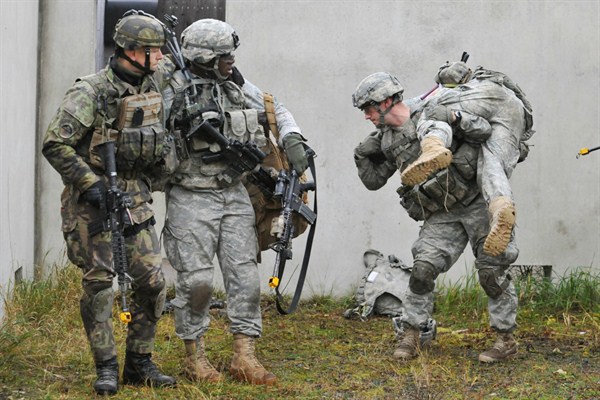Editor’s Note: This article is part of an ongoing series about NATO members’ contributions to and relationships with the alliance.
Since joining NATO in 1999, the Czech Republic has been able to modernize its military capabilities while gaining extensive experience with the alliance’s expeditionary missions. But concerns about security in Eastern Europe have caused the government’s focus to shift toward collective defense. In an email interview, Zdenek Kríž, an associate professor of political science at Masaryk University, explains why support for NATO remains high among the Czech population as well as the country’s political and defense establishment.
WPR: What is the Czech Republic’s level of defense preparedness, what are its major security threats, and how has it benefited from being a member of NATO?

